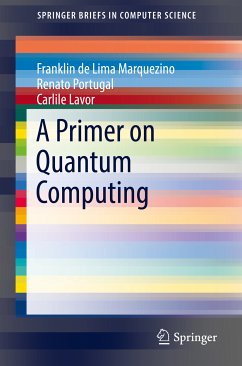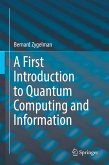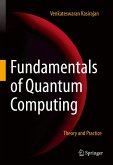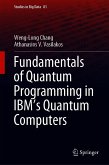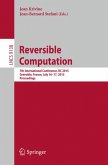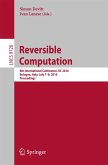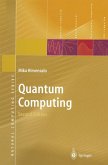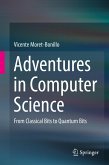Dieser Download kann aus rechtlichen Gründen nur mit Rechnungsadresse in A, B, BG, CY, CZ, D, DK, EW, E, FIN, F, GR, HR, H, IRL, I, LT, L, LR, M, NL, PL, P, R, S, SLO, SK ausgeliefert werden.
"This simple yet practical first contact with quantum computing is well written, easy to read, and well structured. ... the book is exceptionally interesting for people in CS who want to understand the basic notions behind quantum computing." (Santiago Escobar, Computing Reviews, October 09, 2019)

